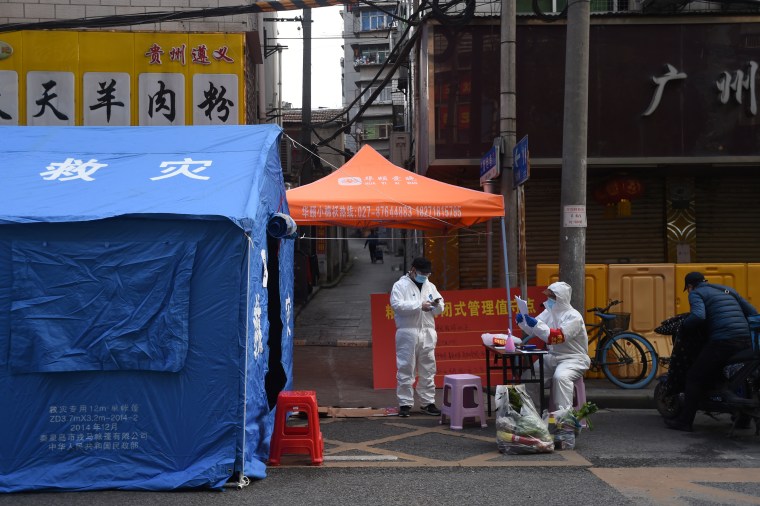The Foreign Correspondents’ Club of China found that “media freedoms deteriorated significantly in 2020” in its annual report, released Monday. The report, titled “Track, Trace, Expel: Reporting on China Amid a Pandemic,” surveyed 150 club members representing news organizations from 30 countries and regions.
In 2020, China used the COVID-19 pandemic to impose restrictions on foreign journalists working in the country. Among the findings: 21% of respondents were prevented from entering China because of the March 28, 2020 travel ban on foreigners; 42% of respondents were denied entry to or told to leave a place for health safety reasons despite posing no risk; and 17% of the journalists were concerned about health tracking apps being used to surveil them.
“I’ve been surprised at the levels of intimidation and harassment this year, particularly on any story relating to the coronavirus, a matter of huge international interest,” said one journalist with a U.K.-based news outlet, according to the report.
The report found that China increasingly targeted foreign correspondents in diplomatic conflicts, including refusing to issue press credentials to journalists accredited with U.S. news outlets and involving foreign correspondents in alleged national security investigations.
At least 18 foreign journalists were expelled in the first half of 2020 after Beijing cancelled and refused to issue new visas to those working for The New York Times, The Wall Street Journal, and The Washington Post, resulting in the largest expulsion of foreign correspondents since the Tiananmen Square massacre in 1989, according to FCCC.
“Expulsions are the biggest concrete operational hit,” said Jonathan Cheng, China bureau chief for The Wall Street Journal. “I began this job with fifteen reporters and was looking to expand our bureau. Now we are down to four on the ground in mainland China.”
The survey quoted Australian journalist Michael Smith, who, along with his Australian colleague Bill Birtles, was banned from leaving the country until the two submitted to an interrogation about an alleged national security investigation into Cheng Lei, an Australian news anchor for the Chinese state broadcaster CGTN.
“It’s unclear whether we would have been locked up or not,” said Smith. “But the fact that the Chinese authorities were willing to put exit bans on two foreign correspondents does show that the old precedents no longer apply… Before this happened, we assumed that as foreign correspondents, the worst-case scenario was we would be deported or have our visas revoked.”
International journalists who traveled to regions deemed sensitive by Chinese authorities still faced intense harassment and obstruction in their reporting. According to the survey, all 18 respondents who tried to report in Xinjiang faced restrictions or were prohibited from doing their job. Los Angeles Times’ Beijing bureau chief Alice Su recounted her experience when she traveled to Inner Mongolia to report on the backlash against the government policy to remove Mongolian content in textbooks.
“I was surrounded by plainclothes men in front of a school where I was talking to parents. They took me to a police station where another man in plainclothes took me to a back building with two rooms, one for interrogation with a chair that had cuffs for the wrists and ankles and another that was a cell with floor-to-ceiling bars.” Su said the man refused to identify himself and “put his hands on both sides of my neck, pushed me into the cell, and locked the door” when she tried to pick up her phone.
Chinese nationals working for international media organizations endured significant pressure and harassment from authorities. More foreign journalists surveyed by FCCC said their Chinese colleagues have been subject to intimidation in 2020 than the previous years. In December 2020, Bloomberg News journalist Haze Fan was detained by police on suspicion of endangering national security; according to the FCCC, she is still in detention.
“A Chinese colleague was threatened that if she did not cooperate, ‘something bad could happen,’” a British outlet said in the report.
The full report can be seen here.
